Jiang Yurong (English name: Luanna), the first Chinese female student to be selected as a student representative at Harvard University's graduation ceremony, has made waves on Chinese social media. In her speech, Jiang called for global solidarity amid the Trump administration's tightening of visas for Chinese students.
However, soon after, Chinese public opinion began to question: Was Jiang's success the result of personal effort, or the product of privilege that most students from the working class never had?
Born into someone else's family
According to Harvard Magazine, Jiang was born in Qingdao, China, but attended high school in the UK, then earned a bachelor's degree at Duke University (USA) before pursuing a master's degree at Harvard's Kennedy School of Public Policy.

Yurong “Luanna” Jiang speaks at Harvard. (Photo: The Harvard Crimson)
Some netizens also brought up Jiang's volunteering at an environmental organization where her father is said to be the director, and suspected that this relationship helped her get an important letter of recommendation in her 2022 Harvard application.
The controversy surrounding Jiang comes just a month after a female medical intern—also from a wealthy family—was found to have falsified her transcripts to apply to Peking Union Medical College. The little-known accelerated doctoral program allows graduates from the world’s top 50 universities to earn their doctorate in four years—skipping the lengthy path most Chinese medical students must take.
Jiang's story has made many Chinese feel that her educational path - from high school in the UK to Harvard - is a luxury for middle-class or poor families.
“How can an ordinary family afford to send their child to secondary school in the UK?” one person wrote on China’s Weibo social network. Jiang’s secondary school, Cardiff Sixth Form College, is a private boarding school in Wales, with tuition fees of up to £70,000 a year.
Meanwhile, most Chinese students attend public schools, which cost just a few thousand yuan per semester, and are required to pass the grueling Gaokao exam – virtually the only gateway to university.
The rich-poor gap in education is increasingly evident.
Former Global Times editor-in-chief Hu Xijin admitted that many felt it was “unfair” to see Jiang have opportunities that children from ordinary families could not access – especially in a context of high youth unemployment and increasingly fierce competition for university admission.

Harvard students at the 2024 graduation ceremony. (Photo: Harvard University)
According to the National Bureau of Statistics of China, the country's youth unemployment rate in April 2025 was 15.8%, peaking at 21.3% in June 2023.
Mr. Hu Xijin also warned against discriminating against Chinese international students because Jiang’s case, because not all of them are “rich kids.” He called for society to be more open to exchanges with the world’s top universities such as Harvard and to welcome students who study abroad to return and contribute to the country.
Many media outlets in China have also spoken out, saying that the controversy surrounding Jiang reflects deeper concerns about educational inequality.
“The public does not deny Jiang’s efforts, but it is clear that her success is supported by many privileged resources. Students from wealthy families often have their families pave the way for them to enter prestigious schools, while outstanding students from ordinary families have to overcome many barriers in finance, information and opportunity,” commented Elephant News, a newspaper run by Henan Provincial Television.
Feedback from insiders
According to SCMP, in response to the backlash, Jiang took to Weibo to deny that she had used a letter of recommendation from her father’s organization in her application because of a limit on the number of letters she could submit. She also shared that she had lost contact with her father after their divorce.
Jiang said the Harvard speech and social media posts were both efforts to “add a Chinese voice” to international forums.
Despite the controversy, Jiang's story continues to raise a big question: In a fiercely competitive society and a widening gap between rich and poor, is talent really enough to get one to the prestigious gates - or is privilege a more important ticket?
Source: https://vtcnews.vn/phat-bieu-chan-dong-o-dai-hoc-danh-gia-nu-thac-si-bi-soi-xuat-than-giau-co-ar947816.html


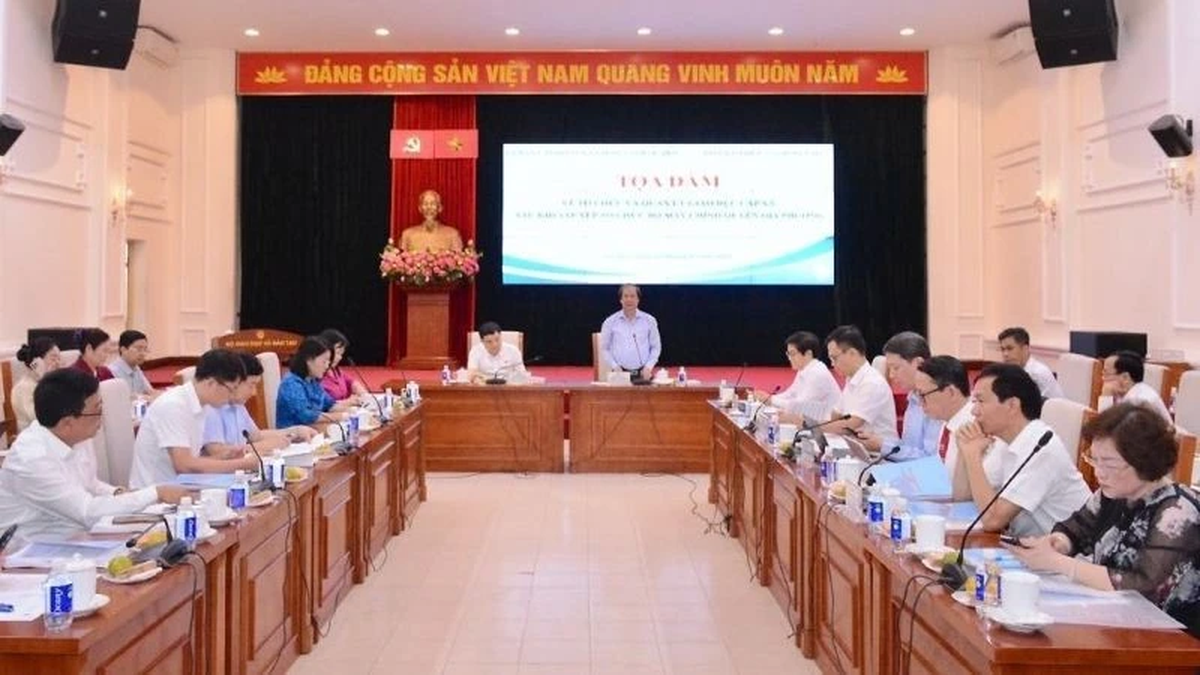

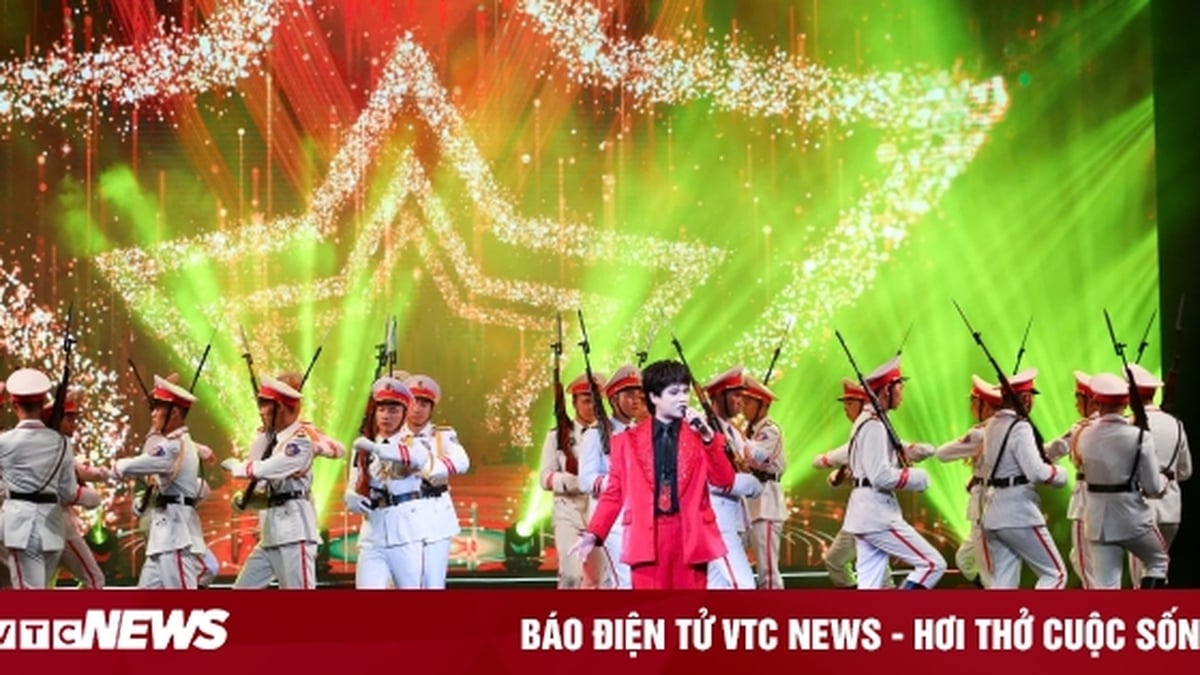

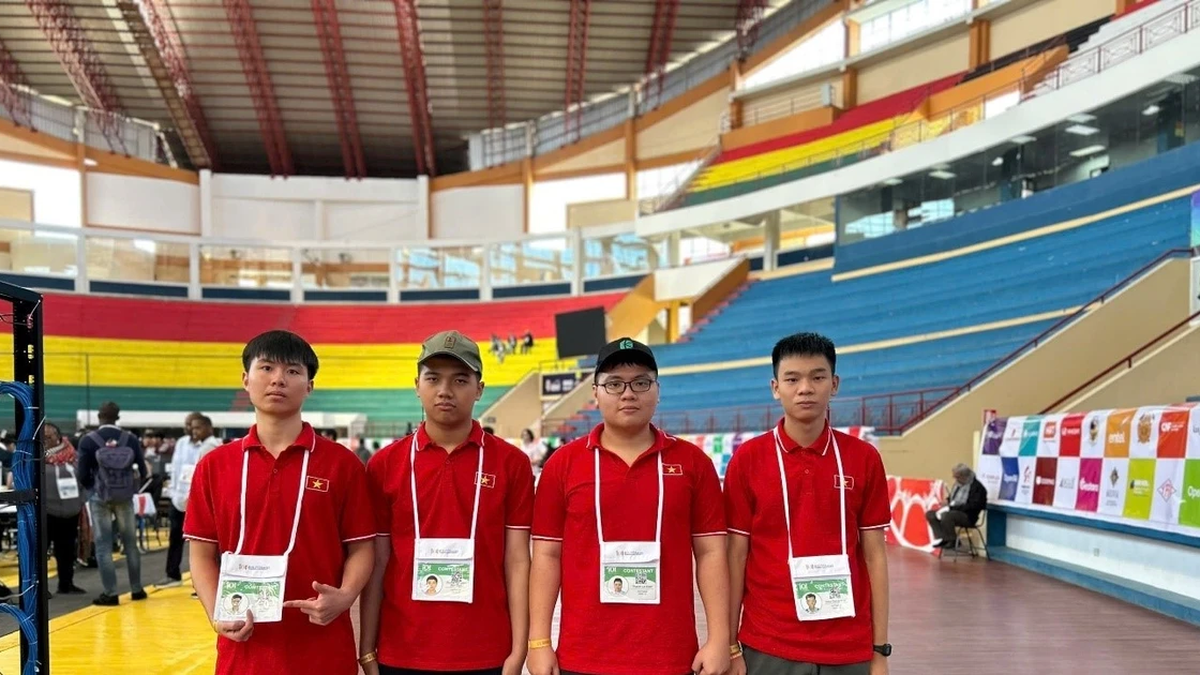


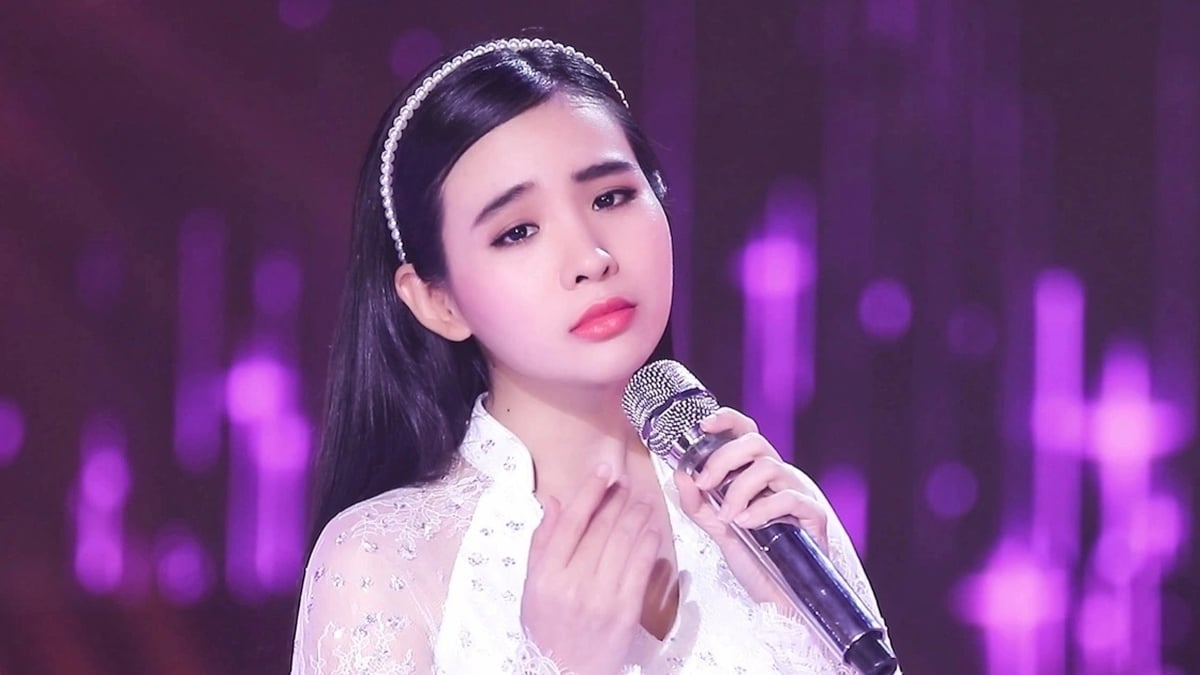

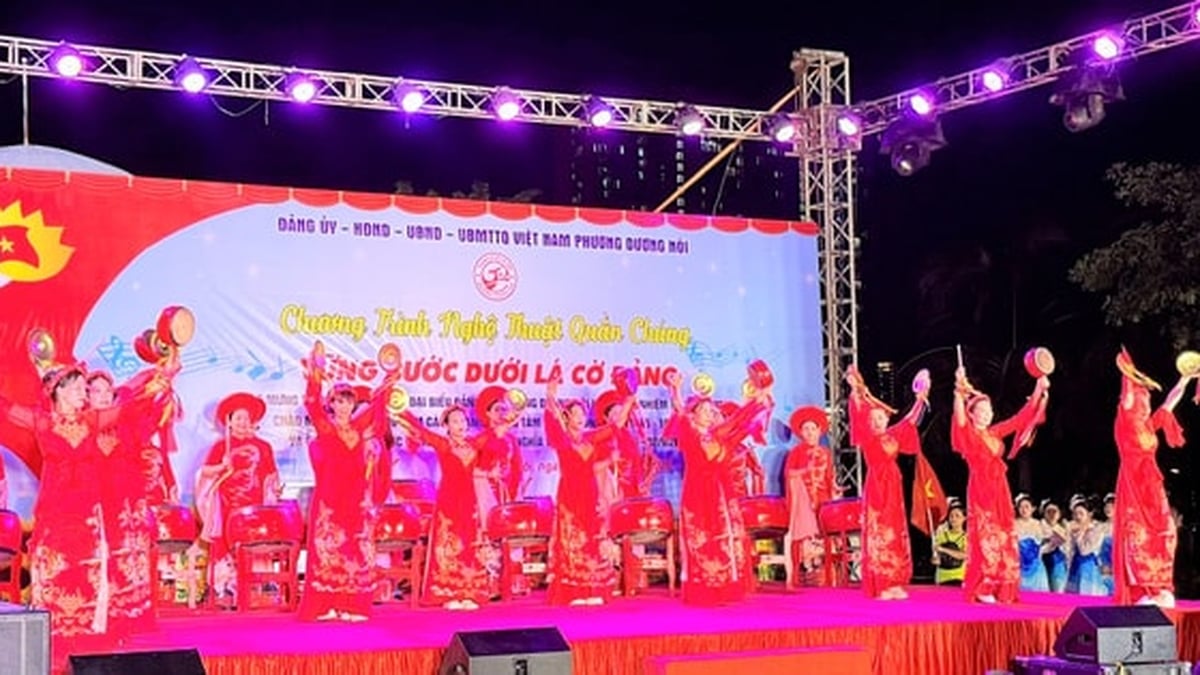























































































Comment (0)